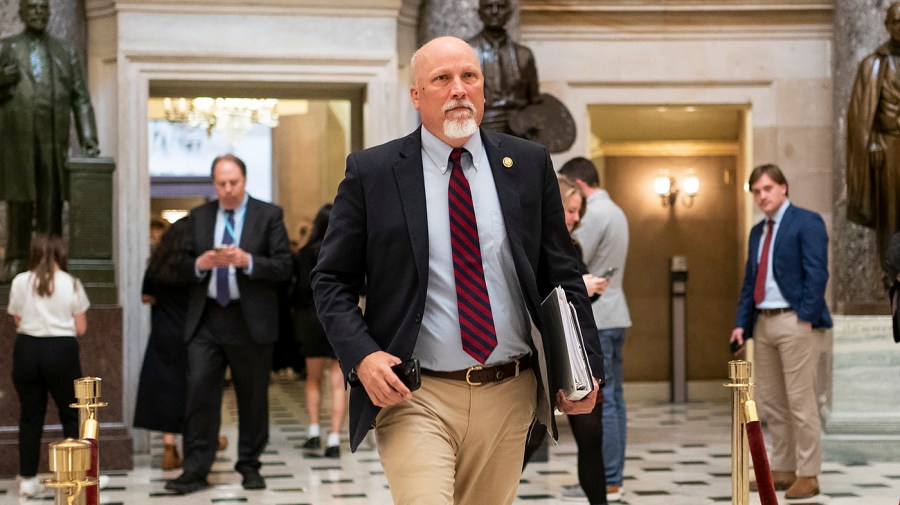A group of House conservatives is calling for significant “structural reforms” of Medicaid as part of the Republican reconciliation legislation, illustrating the seemingly intractable differences across GOP factions.
In a “Dear Colleague” letter led by Rep. Chip Roy (R-Texas) and signed by 19 others, the lawmakers said the GOP conference must pursue “meaningful reforms” in reconciliation, including eliminating the enhanced federal matching funds for states that expanded Medicaid.
“Congress should ensure the FMAP [federal matching percentage] for able-bodied adults matches everyone else,” they wrote.
Medicaid is at the center of GOP concerns as they seek to craft the “one big beautiful bill” intended to fund President Trump’s domestic agenda.
The budget resolution cleared by the House calls for the Energy and Commerce Committee to find $880 billion in savings over a decade, with most of it expected to come from health programs.
Eliminating the enhanced federal match for the Medicaid expansion population is one of the most controversial plans floated by Republicans. It would save the federal government $626 billion over a decade, according to an analysis by health policy nonprofit KFF, but would result in millions of people losing health coverage.
Republicans this week appeared to be moving away from such a politically risky proposition and instead have been discussing a per-beneficiary cap on federal Medicaid spending.
A cap would save federal money, but like eliminating the enhanced match, it would mean a significant cost shift to states. It would also likely result in millions of low-income people losing coverage if states cut benefits to make up the spending difference.
The letter from Roy highlights the difficult path for Republicans to reach a consensus. While conservatives are clamoring for an end to the Affordable Care Act’s Medicaid expansion, moderate and battleground-district Republicans have said they will not accept steep cuts to Medicaid benefits.
The Energy and Commerce Committee had been planning a markup for next week, but that has now been pushed back to give leaders more time to find common ground.
There is some consensus on certain policies, like instituting work requirements on “able bodied” adults, more frequent enrollment checks, and cutting coverage for undocumented immigrants—though there are very few, if any, who are currently receiving Medicaid.

